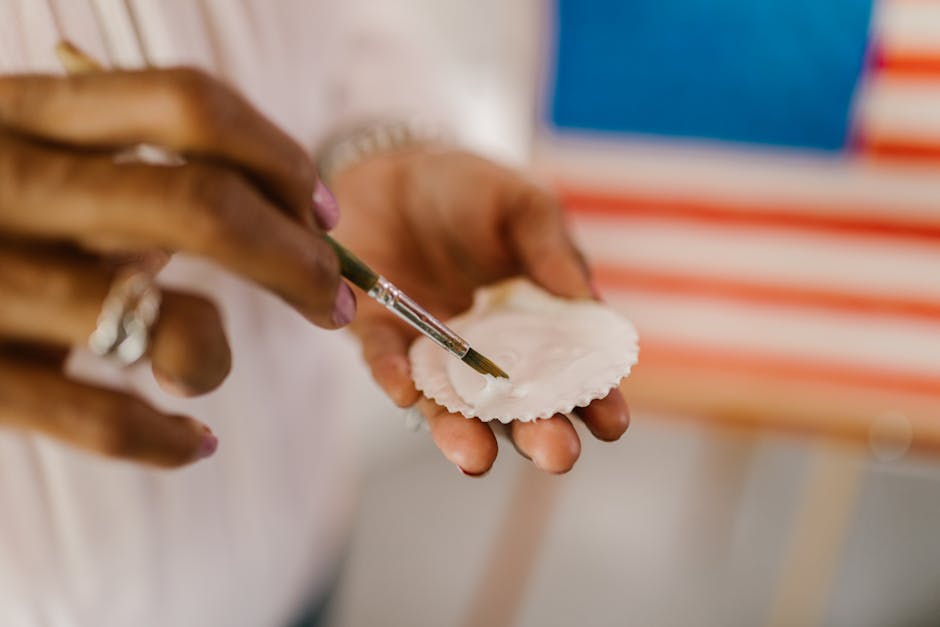Finding a fulfilling hobby is a journey of self-discovery, a pathway to personal enrichment, and a springboard for creativity. It’s a process that transcends simple entertainment; it’s about connecting with your interests, nurturing your talents, and ultimately, finding joy in the process. This exploration delves into the crucial considerations for selecting a hobby that truly resonates with you.
Firstly, acknowledging your inclinations is paramount. Consider your personality, your strengths, and your inclinations. Are you a meticulous planner, or do you thrive in spontaneity? Are you an introvert, drawn to solitary pursuits, or an extrovert, eager to connect with others? Do you favor structured activities or prefer the freedom of unstructured exploration? Recognizing your core preferences will significantly narrow the field and point you towards more suitable options.
Your existing skillset plays a pivotal role. If you possess a knack for intricate details, perhaps a craft like jewellery making or miniature painting will naturally appeal. Alternatively, if you enjoy hands-on work and visual artistry, quilting or ceramics could be ideal pathways. Evaluating your current abilities honestly will help you pick a pastime you can approach confidently and see progress in, rather than one that feels overly daunting from the outset.
Beyond these intrinsic factors, explore the world of crafting and hobbies themselves. Research different techniques, and consider the materials involved. Sewing, for example, encompasses a spectrum of possibilities, from quilting and dressmaking to intricate embroidery. Similarly, pottery offers a wide range of styles and methods, from wheel throwing to hand-building. Deepen your understanding by attending workshops, visiting craft fairs, or exploring online tutorials. Visualizing yourself engaged in these activities is crucial; do you imagine yourself captivated by the tactile experience, or are you more drawn to the process of creation and design?
An equally important factor is the available resources and commitment required. Consider your living situation, access to materials, and time constraints. If you live in a small apartment, creating a large-scale sculpture or building elaborate model trains might be impractical. Likewise, a demanding schedule could preclude pursuing a hobby needing numerous hours of dedicated work each week. Assess your space, resources, and commitment level. Realistically evaluate how much time you can realistically dedicate. Balancing a hobby with other responsibilities is essential to avoid burnout.
Exploring your interests is a vital step. Consider your favourite colours, textures, and themes. Do you love the rich hues of stained glass or the earthy tones of pottery? Are you fascinated by the intricate designs of lace or the bold shapes of macrame? Connecting with visual aesthetics can inform choices. Identifying visual or thematic preferences significantly elevates the chances of finding a hobby genuinely engaging.
A great approach is to try diverse options at the beginning. Don’t be afraid to experiment. Enroll in a painting class, attend a pottery workshop, or sign up for a short course in jewellery design. Try a few different techniques or crafts to discover what sparks your passion. This hands-on approach allows you to explore potential avenues and identify activities that truly resonate.
Another significant aspect of choosing a suitable hobby is considering the potential for personal growth and development. Does the craft encourage problem-solving, innovation, or patience? Does it allow for creative expression or aesthetic exploration? If a hobby fosters new skills and promotes personal development, it can become much more than just a leisure activity; it transforms into a source of continuous learning and satisfaction.
Consider the social aspect, too. Many crafts and hobbies offer opportunities to connect with others. Joining a crafting group, participating in online forums, or attending workshops can introduce you to a supportive community of enthusiasts. Connecting with fellow hobbyists not only enhances your experience but also provides invaluable support and encouragement throughout your journey.
Finally, remember that the ideal hobby is one that you genuinely enjoy. Choosing an activity that sparks enthusiasm and maintains your interest is crucial for its long-term success. Don’t be afraid to deviate from initial expectations; if a certain aspect of a hobby isn’t fulfilling, be prepared to adjust or explore alternative avenues. Embrace the process of discovery and experiment to find what truly makes you happy.
In conclusion, choosing a hobby that perfectly aligns with your interests, skills, and circumstances is a journey of self-discovery. By considering your personality, skillset, resources, and personal preferences, you can identify a pastime that nourishes your creativity, fosters personal growth, and brings you immeasurable joy. Embrace the experimentation, learn from the process, and ultimately find a creative outlet that truly defines you.
